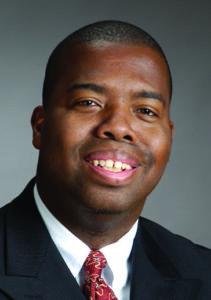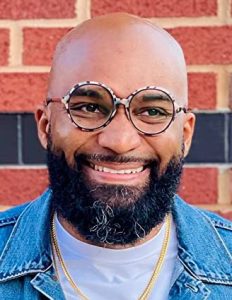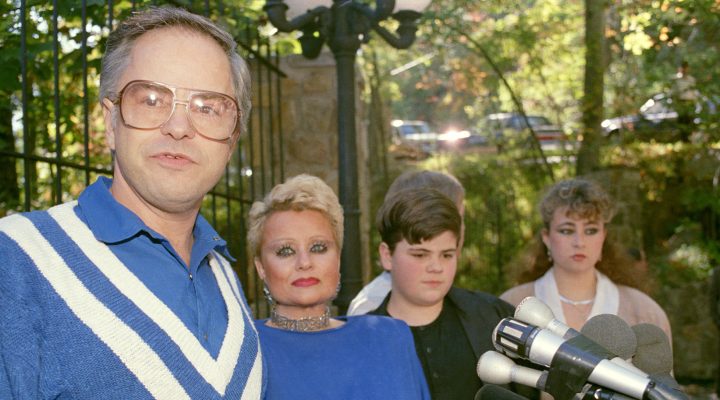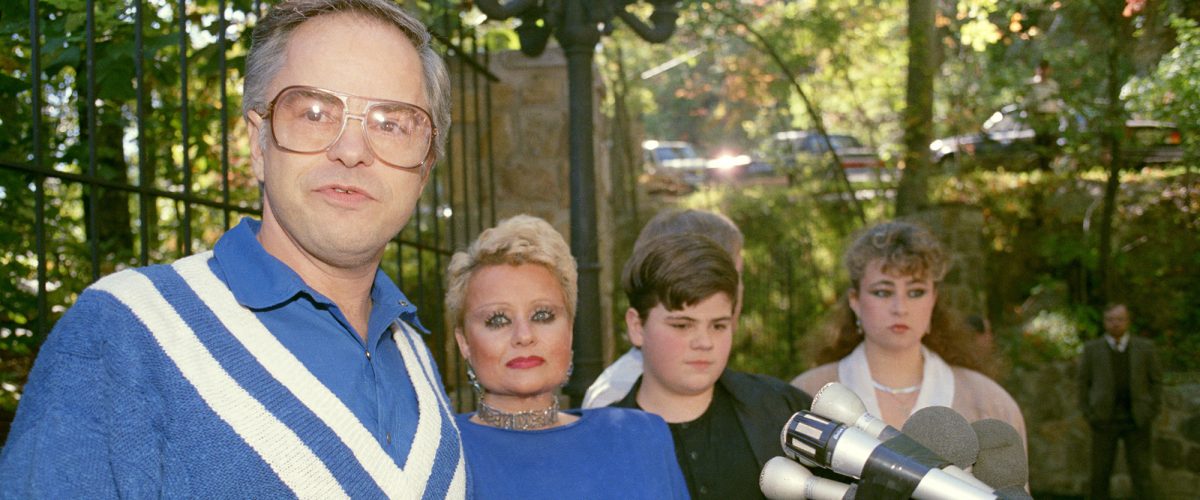I remember it almost like yesterday when the new kid walked into the large youth group I attended at First Baptist Church of Orlando. As the new kid walked in, he stood out not just to me but to others in the student ministry. This student wasn’t like all the other guests who would come to our youth group; he was the son of Jim and Tammy Faye Bakker.
Jamie, as they called him back then, had seen the worst of American Christianity. Jim and Tammy Faye Bakker were leaders of the PTL Club, an expansive television ministry that has been portrayed in pop culture and movies. When Jim Bakker was taken to prison, the American evangelical culture dropped the couple like a hot potato. That was followed up with backstabbing drama by Jerry Falwell Sr., who we later found out just wanted to steal the TV ministry of Bakker and would mischaracterize Jim Bakker as gay.

Maina Mwaura
As Jamie walked into our youth group, everyone knew who he was and some of us were ready to judge. I have no clue how I met Jamie, and my memory is somewhat fuzzy how he and I hit it off as friends even to the point of us rooming together at youth camps and retreats. Although my memory of those events nearly 30 years ago is somewhat fuzzy, I do remember my mom telling me not to judge him or his family and to just be his friend.
My mom was explicit in saying, “If you can just be his friend and love him like Jesus did, you may learn a lot.”
My mom’s words still ring true in my ears even today as a 46-year-old man and they align with the words of Jesus.
When I look at the words and actions of Jesus, when it comes to loving people as they are, the story of the disciple Nathaniel and Jesus comes to mind. In John 1:46, when Nathaniel encounters Jesus he is skeptical based on his cultural background, saying, “Nazareth, can anything good come from there?”
“Can you imagine someone asking can anything good come from your cultural background?”
Can you imagine someone asking can anything good come from your cultural background? Yet, it’s what Jesus does afterward that’s amazing to me. He just loves and accepts Nathaniel and even allows him to join the disciples on what would be an incredible three-year voyage. As believers, if we’re going to lead the cultural and racial change, we have to love people as they are not what we want them to be. This is exactly what Jesus did.

Josh Clemons
Our country is debating how to handle our racial history. Even to the point of some people wanting to distance themselves and their family background from it. Recently, I had the privilege of interviewing Josh Clemons, who has written an extraordinary book on race called Know, Own, and Change. He pointed out the importance of remembering our racial history.
“I write about in the book that when you go to the doctor, they ask for your medical history long before they’ll ever see you. Why are they asking for a medical history? Because it’s very likely what’s happened in your past could potentially happen in your present or in your future. I’m a type one diabetic, I’ll never look at medical histories the same because when they told me I was a diabetic, I found out that my grandfather was a diabetic. My medical history came in handy at that point. It’s in your past, so it plays out in your present and it can affect your future.
I couldn’t agree with Josh more. Our history matters. In fact, it establishes who we are and even paints a picture of Christ’s redemption, working through time and generations. When we know each other’s history, we also can find commonality with one another, as Josh explains, it’s something Christ mandates us to do as believers and why he came.
“When we know each other’s history, we also can find commonality with one another.”
“In the biblical mandate in Ephesians chapter two, Jesus destroyed the wall of hostility that existed between the Jews and the Gentiles, bringing about one new humanity is what the Scripture says. The implications of what Jesus did on the Cross has to do with our vertical reconciliation, but it has horizontal implications. So, we find our invitation to the work of reconciliation there in Ephesians chapter two. We can also go back to John 17:20-23 where Jesus looks down, he looks into the future and sees us and he’s praying that we would be one as he and the father are one. So, we have a grand invitation to that. “
As I look back at my years hanging out and becoming friends with Jamie Bakker, I have to be honest and admit I didn’t think we had anything in common. In fact, it would be almost 20 years later that I would fully understand why God allowed us to cross paths. I ran into him at a youth ministry conference where he was speaking and signing books. As I approached the table, Jamie knew exactly who I was. As we recounted our turbulent teenage years, he reminded me how we both were the outsiders in the large, wealthy, majority white youth group and that our common bond is that we survived those years.
I believe we will get through this moment in American history. But that will only be done if Christ followers seek the face of Jesus in praying for a bitterly divided country and refrain from adding fuel to the fire. If we can do that, then we, too, can be survivors.
Maina Mwaura is a freelance writer and communications consultant who lives in the metro Atlanta area. A native of Orlando, Fla., he earned a bachelor of science degree in communications from Liberty University and a master of divinity degree from New Orleans Baptist Theological Seminary.
Related articles:
Loving the person in front of you | Opinion by Adam McDuffie
Are you sure that all lives matter? | Opinion by Terry Austin


